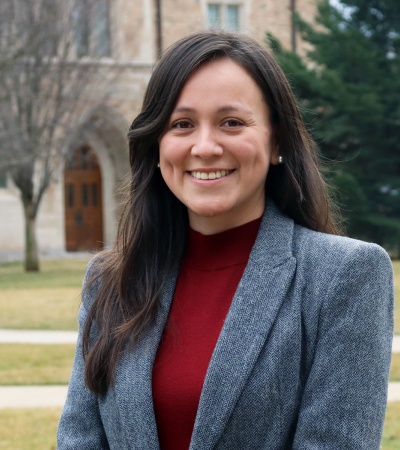Landing Peace. Rural-Poor Mobilization and Land Redistribution in Civil War Political Transitions (Colombia)
Kellogg Institute Graduate Research Grants
Major theories of political transition predict that wealth redistribution must recede at bargaining tables for warring parties to compromise on a new democratic configuration of power Yet, a ‘redistributive turn’ has taken place in civil war political transitions. Alongside conventional conflict-resolution mechanisms, wealth redistribution has emerged as a central commitment for warring parties. Why is wealth redistribution forged in civil war political transitions despite prior theorizing that expected it to be bargained away? My dissertation project will reflect upon the conditions under which wealth redistribution is committed and accomplished in civil war political transitions, emphasizing land redistribution for the rural poor. By comparing two political transitions in Colombia (e.g., 1982-1994 and 2012-ongoing peace processes), I argue that rural-poor movements largely drive land redistribution depending on their mobilization strength to increase leverage vis-à-vis other competing actors during negotiation and enter the political and policy realm in the implementation period.






